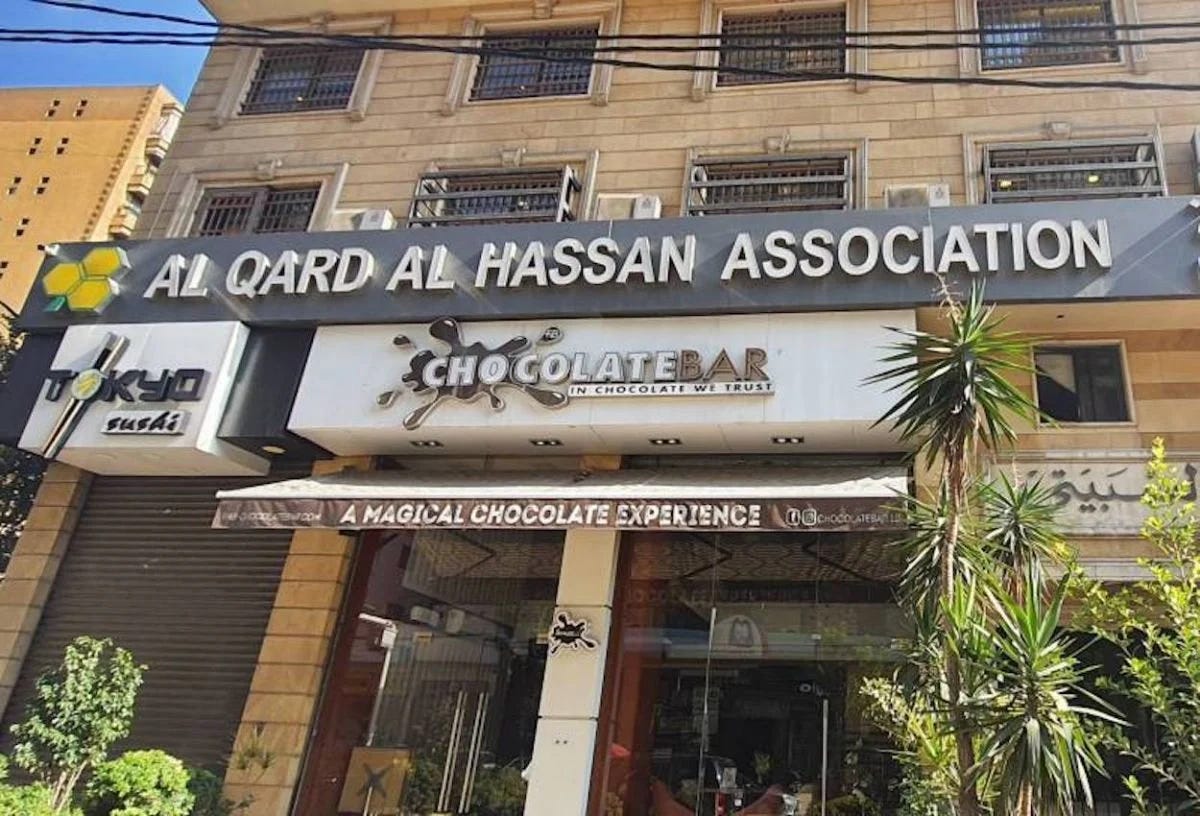Lebanon's Central Bank Isolates Hezbollah
The latest financial ban may mark a decisive blow to Hezbollah’s resistance infrastructure in Lebanon.
On 15 July, Lebanon’s central bank, Banque du Liban (BDL), banned licensed financial institutions from dealing with unlicensed entities, chief among them Hezbollah’s financial arm: Al-Qard al-Hassan. The measure comes amid mounting pressure on Iran and its proxies following its conflict with Israel and reflects Beirut’s efforts to align with American and Western sanctions. For Hezbollah, the move highlights an increasingly fragile infrastructure, as both its supply chains and leadership have been significantly weakened since the cessation of hostilities with Israel and the fall of the Assad regime in Syria. Bleeding Hezbollah financially aims to further isolate the group domestically and regionally.
Hitting the Dual Economy
Lebanon is often described as a ‘dual economy’, comprising a formal sector and an unregulated ‘shadow economy’. The former is sustained by a historically strong banking sector and substantial remittances from the Lebanese diaspora. The latter is dominated by informal labour, cash-based transactions, and illicit networks, including those tied to politically affiliated groups. This economic model has frequently been scapegoated as a root cause of the country's financial crises, widening socioeconomic disparities, and persistent lack of institutional accountability.
The informal economy, in which institutions such as Al-Qard al-Hassan operate, primarily serves members of the Shia community. It has come under increased strain following the recent conflict with Israel, as a growing number of constituents demand financial compensation for damaged or destroyed homes and assets.
The BDL's ban exacerbates this pressure by severing Al-Qard al-Hassan's access to formal financial services, potentially disrupting interest-free loans and welfare support for hundreds of thousands of borrowers. This could deepen poverty and social unrest in Shia-dominated areas, eroding Hezbollah's patronage networks and further exposing the group's diminished influence amid reduced Iranian backing.
Axis of Resistance Financial Leg Hit
By isolating Al-Qard al-Hassan, a key conduit for Hezbollah's funding and money laundering activities, the ban accelerates the fragmentation of the Axis of Resistance (AoR)'s financial and logistical networks. This aligns with broader U.S. and Western sanctions aimed at curbing Iran's ability to sustain its proxies, thereby diminishing Tehran's regional influence at a time when its economy is strained by the recent conflict with Israel. The measure represents a victory for Israel's hybrid warfare strategy, which combines military strikes with economic pressure to erode the AoR's cohesion. Hezbollah's weakened state, exacerbated by the 2024 ceasefire and subsequent overthrow of Assad, has already severed critical Iranian supply routes through Syria, limiting arms and funds to the group. Israel's recent airstrikes on the Syrian military headquarters and the Defence Ministry, further compound this isolation.
Overall, these developments could foster a tentative realignment in the Levant, opening avenues for Lebanese-Syrian economic cooperation and refugee returns if al-Sharaa’s government stabilises Syria. However, they also risk provoking Iranian countermeasures or internal AoR fractures, perpetuating hybrid threats and sectarian tensions across the region.



